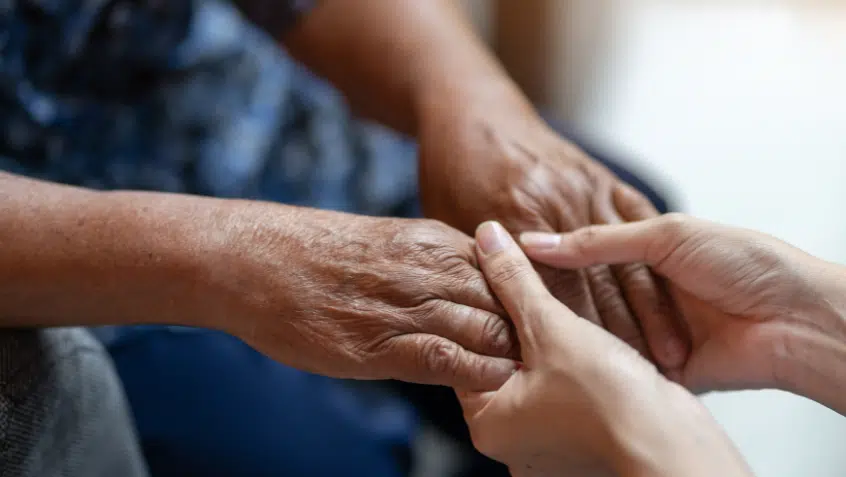
KFF Report Highlights Medicare Coverage Rules for Sexual and Reproductive Health Services
Last month KFF released a report and fact sheet explaining Medicare’s coverage rules and restrictions for coverage of sexual and
Join Us Live for a Discussion on Medicare, Democracy, and the Future of Health Care
Medicare provides health coverage to over 67 million older adults and people with disabilities, paying for important medical care in hospital and outpatient settings. Nearly 12.5 million beneficiaries also rely on Medicaid, which helps with affordability through the Medicare Savings Programs (MSPs), and covers services Medicare does not, such as long-term services and supports. The Medicare Rights Center supports strengthening Medicare and Medicaid, modernizing benefits and financial assistance, and bolstering the workers and caregivers who deliver this vital care.

Last month KFF released a report and fact sheet explaining Medicare’s coverage rules and restrictions for coverage of sexual and

Earlier this month, the U.S. Department of Health and Human Services Office of the Assistant Secretary for Planning and Evaluation

Earlier this month, the U.S. Department of Health and Human Services Office of the Assistant Secretary for Planning and Evaluation

Yesterday, Medicare Rights Center President Fred Riccardi testified at a hearing of the U.S. House Committee on Energy & Commerce, Subcommittee on
–Medicare Rights President Testifies at Congressional Health Subcommittee– Washington, DC—The COVID-19 outbreak spurred significant changes in Medicare telehealth. Early in
Testimony of Frederic Riccardi, President Medicare Rights Center, on “Legislative Proposals to Support Patient Access to Telehealth Services” before the United States House of Representatives Committee on Energy & Commerce, Subcommittee on Health.


A recent survey from the Commonwealth Fund asked people with Original Medicare (OM) and Medicare Advantage (MA) about their experiences


In a recent survey, KFF explored how people thought about long-term care, including the current care landscape, what programs cover

Last month KFF released a report and fact sheet explaining Medicare’s coverage rules and restrictions for coverage of sexual and

Earlier this month, the U.S. Department of Health and Human Services Office of the Assistant Secretary for Planning and Evaluation

Earlier this month, the U.S. Department of Health and Human Services Office of the Assistant Secretary for Planning and Evaluation

Yesterday, Medicare Rights Center President Fred Riccardi testified at a hearing of the U.S. House Committee on Energy & Commerce, Subcommittee on
–Medicare Rights President Testifies at Congressional Health Subcommittee– Washington, DC—The COVID-19 outbreak spurred significant changes in Medicare telehealth. Early in
Testimony of Frederic Riccardi, President Medicare Rights Center, on “Legislative Proposals to Support Patient Access to Telehealth Services” before the United States House of Representatives Committee on Energy & Commerce, Subcommittee on Health.


A recent survey from the Commonwealth Fund asked people with Original Medicare (OM) and Medicare Advantage (MA) about their experiences


In a recent survey, KFF explored how people thought about long-term care, including the current care landscape, what programs cover